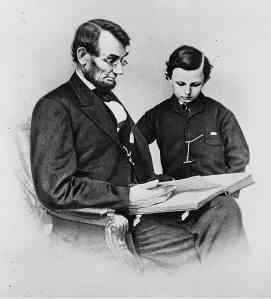“How do I ask powerful questions?” People ask this question frequently. I sense they hope I will provide a formula or, better yet, a list of questions to use when a coaching opportunity arises.
This request presupposes the power of the question exists in its construction. In reality, a question’s real power exists in how it relates to the person being coached (PBC) at the moment we are coaching. What is a powerful question one day may be far less potent on another day or with another person because it does not meet them in the present moment.
To connect with the PBC in real-time, we must begin to master another skill: listening beyond words. Asking powerful questions and listening beyond words go hand in hand. These are like two wings of an airplane – you need them both. Together they provide greater lift to your coaching. Jesus exemplified this. After searching for Jesus in Jerusalem, his parents found Him in the temple, listening and asking questions. (Luke 2:46)
There are many skills we can learn and practice to become better listeners. In their book, Coaching for Christian Leaders, Linda Miller and Chad Hall offer three foundational practices that aid us in the art of listening:
1. Stay present. We must learn to set aside all distractions that will divert our attention from the PBC. Some obvious culprits include email, text messages, our ‘to-do’ list, and the inner dialog running through our minds as we coach. Many people believe they can multitask, but research has shown that this is not possible when it comes to two activities involving words. Prove it to yourself. Try to write out your favorite Bible verse while singing your National Anthem. 😊
2. Stay focused. Concentrate on what the PBC is saying. Recognize when your mind has wandered and pull your attention back to the PBC. If you lose focus, try this technique. In your mind, say what the PBC is saying word for word. (You can practice this while watching TV or on the phone.) You do not do this for the entire coaching conversation but only long enough to refocus your attention on the PBC.
3. Avoid self-referencing. To maintain our focus on the PBC, it is good to remove any referencing to ourselves. Do this by eliminating words like “I” and “me.” Instead of “Tell me more about that,” try “Say more about that.” Instead of saying, “I wonder what might motivate you,” ask, “What might motivate you?”
By learning to stay present, stay focused, and avoid self-referencing, we can better listen beyond words, noticing voice inflection, pace, tone of voice, and the energy of the PBC. These practices enable us to meet the PBC in the moment and ask powerful questions to help them propel forward.
What tips do you practice for powerful asking and listening? What can you apply from this post to your team conversations?










2 комментария к “Listening Beyond Words”
That is a great question Steve. I am reminded that at the heart of leadership is the leader\’s heart. I believe this is where it begins. In order to listen beyond words I need to set my own needs and desires aside. In pure coaching the person being coached (PBC) determines where the conversation goes. I do not try to manipulate the conversation to get the PBC to do what I think is best. I must remain neutral. This is where pride can get in the way or my need for recognition. Think of the fruit of the Spirit. Any heat attitude that is contrary to His fruit can be a heart issue that may interfere.
Great post Karen! A lot of emphasis is devoted on developing the skill of asking powerful questions. This is good since we have a tendency to tell people what to do. Listening beyond words, however seems to go beyond. There are techniques and skills to listening, and I think listening well is related to the heart issues of the coach as well. What kind of heart issues are involved in listening beyond words?